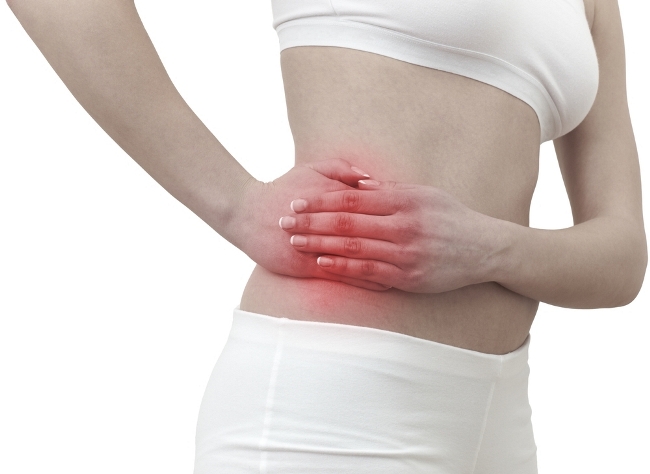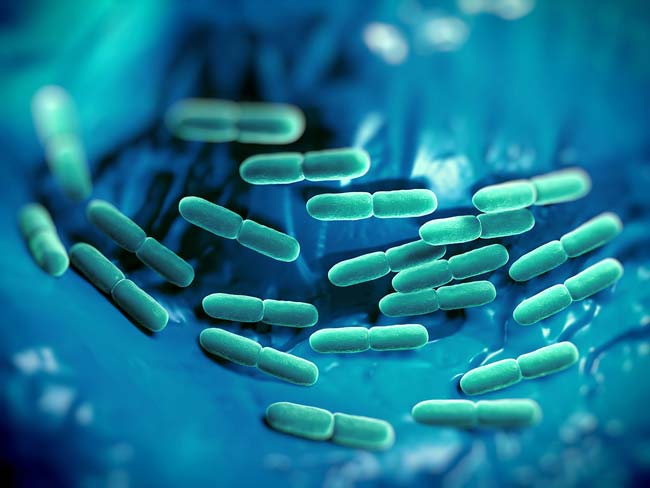
by erlangerhealth | Sep 6, 2018 | Erlanger East, Urology & Incontinence, Urology, Incontinence & Pelvic Floor
More than 500,000 Americans visit the emergency room with kidney stones each year. These hard, often painful-to-pass mineral deposits develop when crystal-forming waste products—such as calcium, oxalate, struvite, and uric acid—become too abundant for the fluid in the...

by erlangerhealth | Nov 1, 2017 | Stay Well, Urology & Incontinence, Urology, Incontinence & Pelvic Floor
Common questions “Do I have to give up my morning cup of coffee?” “I like having wine occasionally, but my friends say it’s not a good idea to drink it with bladder issues.” “What about soda? Is that what’s making me leak?” I hear questions like these every day, and...

by Melissa Kubic, PT | Nov 1, 2017 | Stay Well, Urology & Incontinence, Urology, Incontinence & Pelvic Floor
True or False Urinary Incontinence is a normal aging process affecting one out of every three people. Decreasing fluid consumption is a good way to improve bladder control. Men do not need to do kegel (pelvic floor) exercises. Incontinence is the 2nd most common...
by Pam Cook | Nov 1, 2017 | Stay Well, Urology & Incontinence, Urology, Incontinence & Pelvic Floor
Q: What does an Overactive Bladder (OAB) Patient Navigator do? A: As an OAB Patient Navigator, it is my responsibility to ensure that patients understand and take advantage of the resources available during their treatment. In simpler terms, I assist patients in...

by erlangerhealth | Nov 1, 2017 | Breakthrough, Urology & Incontinence, Urology, Incontinence & Pelvic Floor
Around 30% of men and 40% of women in the United States live with OAB symptoms — Lucy Green was one of them. As a flight attendant, mom to six kids, and tennis player, the symptoms of overactive bladder made life difficult for her. “It will control your life in...

by Colin M. Goudelocke, M.D. | Nov 1, 2017 | Stay Well, Urology & Incontinence, Urology, Incontinence & Pelvic Floor
I suspect that if you ask most people (including most health providers) whether it is normal to have bacteria in the bladder, you would hear an emphatic “NO!” The conventional wisdom has long been that the bladder is a sterile environment. But for many years...












